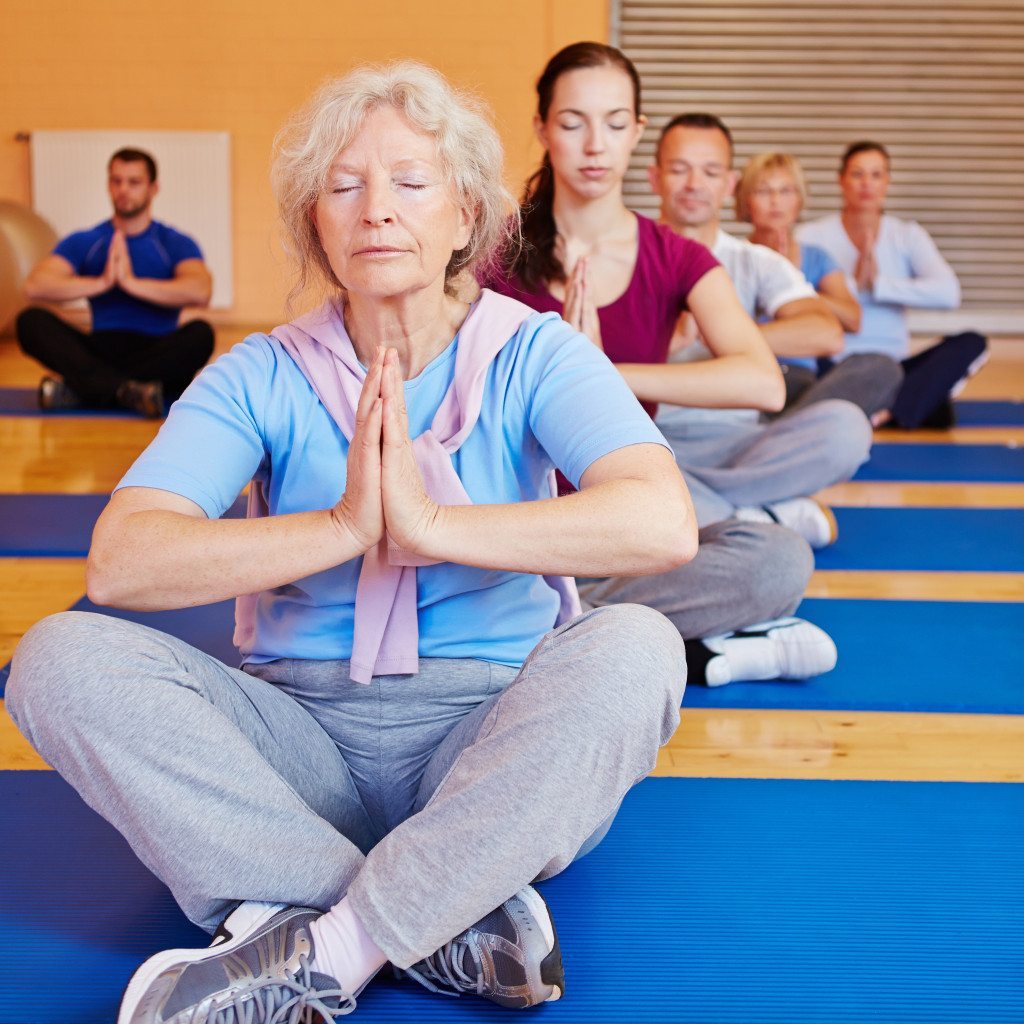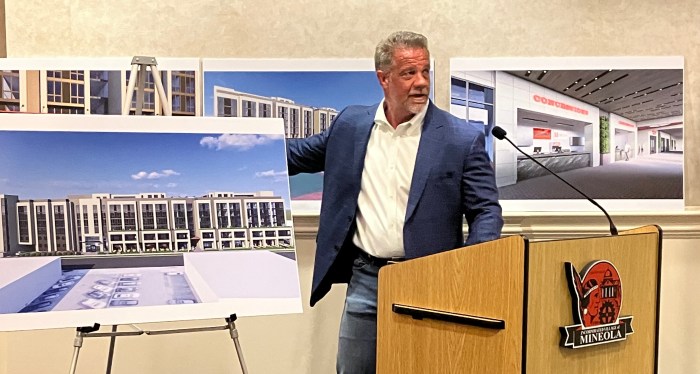 As we age, there are certain aspects of overall health that we can no longer take for granted. Older adults may not have the ready opportunities for exercise, socialization, intellectual stimulation and regular, good nutrition that younger counterparts do. But that doesn’t mean that we shouldn’t be meeting these important needs. Whole person wellness celebrates what we can do to live our lives to the fullest.
As we age, there are certain aspects of overall health that we can no longer take for granted. Older adults may not have the ready opportunities for exercise, socialization, intellectual stimulation and regular, good nutrition that younger counterparts do. But that doesn’t mean that we shouldn’t be meeting these important needs. Whole person wellness celebrates what we can do to live our lives to the fullest.
The five critical elements of healthy living apply to every age group. They are: good nutrition, intellectual stimulation, physical health, safety and security, and socialization. Retirement communities usually include these elements in their programs and living environments. Those who live at home can do the same.
Good Nutrition
A healthy diet feeds our brains and our bodies, and helps maintain physical strength and overall well-being. Sharing a meal with others adds immeasurably to overall benefit. Keep your cupboards stocked with easy to prepare, healthful food like peanut butter, eggs, canned fish, low fat cheese, and whole grain crackers. Try to limit salt, sugary drinks and caffeine and regularly enjoy fresh fruits and vegetables. If you can’t use fresh, frozen is the next best option. If it’s hard to get out to the stores or you have difficulty carrying groceries, delivery services like Peapod are a lifesaver. Drink plenty of water. Dehydration raises blood pressure and can cause headaches or dizziness.
Intellectual Stimulation
Boredom or lack of stimulation can affect our mental and physical health. New ideas spark conversation, further investigation and fire our synapses. Your local library, school district and other community centers offer daytime and evening book and film discussions, performances, guest speakers, field trips, and other opportunities for ongoing intellectual growth and stimulation.
 Physical Health
Physical Health
Maintaining peak health is a balancing act of physical activity and access to preventive medical care and information. Passive exercise such as walking is extremely beneficial, as is just getting out and moving around.
Even everyday activities that don’t seem like exercise, such as light yard and house work, and crafts that work the dexterity of your fingers, arms, legs and trunk are good. The more you use it, the more you have it.
Swimming is another good choice as it doesn’t cause stress on the joints, supports the body and provides resistance training. Other activities that are fun and physically active should also be on your weekly calendar. Golf, tennis and dancing, for example keep you active yet don’t feel like exercise. Tai chi is another excellent, low impact exercise, its passive movements are gentle on the joints. Massage is a wonderful way to stimulate blood flow and ease tension. Aromatherapy is also calming and conducive to a healthful environment.
When enjoying outdoor activities, be sure to cover up and use appropriate sunscreen. Medications can make you hypersensitive to sun.
Safety and Security
The importance of implementing precautions to help prevent falls, accidents and other mishaps cannot be overstated. A fall can be permanently life-altering. Most falls occur in the evening in the bedroom or bathroom. Make sure you have adequate light during the day and night. There should be clear pathways and minimal clutter throughout the home, doors should be able to fully open, scatter rugs removed and all wires secured. Even a magazine, newspaper, or a pair of shoes left on the floor can be dangerous. Another common cause of falls is tangled bedding, so beware of heavy and multiple blankets. Grab bars are always a good idea, as is limiting liquids in the evening to cut down on nighttime trips to the bathroom.
Make sure to always wear proper, well-fitting shoes or non-skid slippers, and avoid walking around in socks. If you use a mobility device, make sure you’re using it as directed by a health care professional. It’s a good idea to have your gait and balance evaluated by a professional, even if you feel you’re walking well. Medicare generally provides some coverage for a PT evaluation on the recommendation of your doctor. If you’re on a call system, keep it on your person at all times—it won’t do you any good if it’s in another room.
Socialization
Connecting with others in the community plays a huge role in overall well-being. Isolation, on the other hand, can have the opposite effect. Local libraries and communities offer lots of opportunities to get out and get social. From card games to theater and shopping trips, volunteer opportunities, movies and book groups, there’s something for everyone.
Here’s to healthy living!
Joanne Lehmann, LPN, is the wellness nurse manager for independent living residents at Jefferson’s Ferry Lifecare Retirement Community in South Setauket.




































